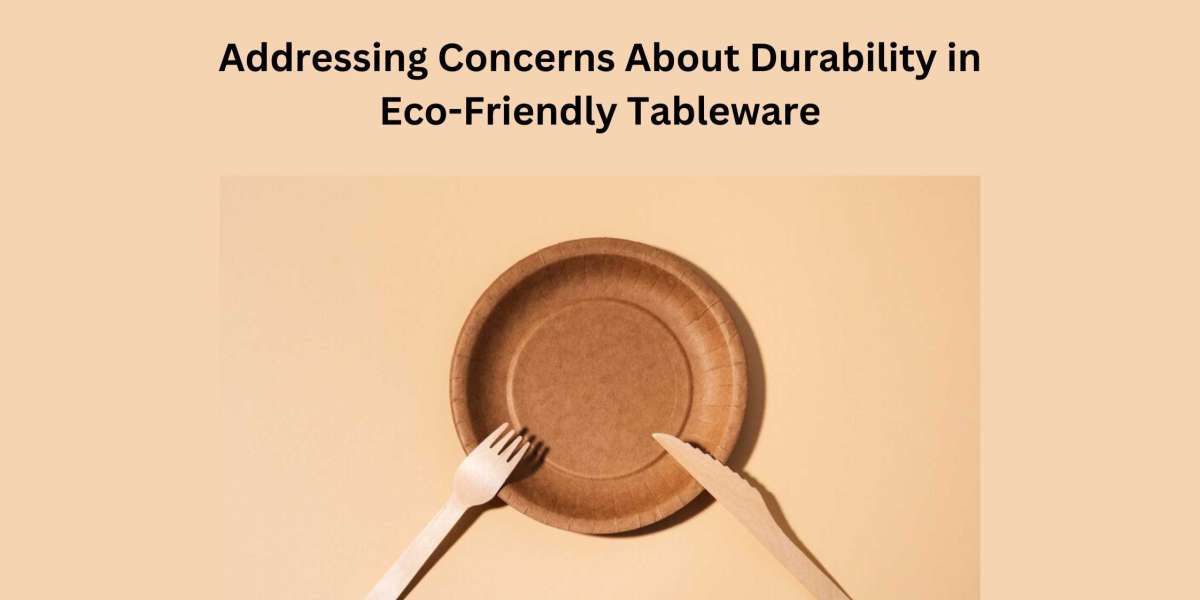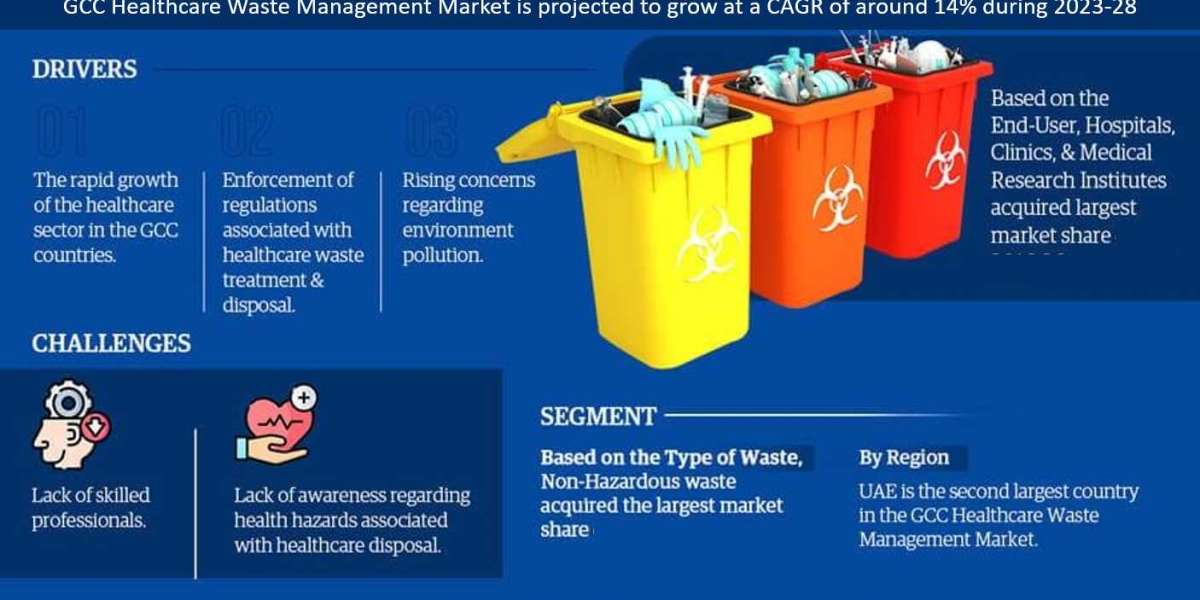Introduction:
In recent years, there has been a growing shift towards eco-friendly tableware options as people become more conscious of their environmental impact. However, one concern that often arises when considering eco-friendly alternatives is their durability. In this blog, we delve into the topic of durability in eco-friendly tableware, specifically focusing on bagasse products, to address common concerns and shed light on their reliability.
1. Understanding Bagasse Products:
Bagasse products are crafted from sugarcane fibers, a natural byproduct of sugarcane processing. While some may question the durability of these products, it’s essential to understand that bagasse fibers are inherently strong and resilient. When processed into tableware, they retain these properties, resulting in durable and sturdy products.
2. Structural Integrity:
One of the key factors contributing to the durability of bagasse products is their structural integrity. Through a process of heat and pressure molding, bagasse fibers are bound together to form robust and sturdy tableware items. This ensures that they can withstand the rigors of everyday use, from serving hot meals to holding liquids.
3. Resistance to Moisture and Heat:
Contrary to common misconceptions, bagasse products exhibit excellent resistance to moisture and heat. Whether you’re serving piping hot soup or cold salads, bagasse plates and bowls remain intact without softening or deforming. This resilience makes them suitable for a wide range of culinary applications, both at home and in commercial settings.
4. Impact on the Environment:
Another aspect to consider when evaluating the durability of bagasse products is their impact on the environment. Unlike traditional plastic tableware, which contributes to pollution and environmental degradation, bagasse products are biodegradable and compostable. This means that even if they were to degrade over time, they would break down naturally without harming the environment.
5. Longevity and Shelf Life:
While some may question the longevity of bagasse products compared to their plastic counterparts, it’s essential to consider their intended use. Bagasse products are designed for single-use or short-term use scenarios, such as parties, events, or takeaway meals. In these contexts, they offer more than sufficient durability and performance.
6. User Experience and Satisfaction:
Ultimately, the durability of bagasse products is best judged by the user experience and satisfaction they provide. Countless individuals and businesses have made the switch to bagasse tableware and have been impressed by its reliability and performance. Positive feedback from satisfied customers speaks volumes about the durability of these eco-friendly alternatives.
7. Continuous Innovation:
As consumer demand for sustainable alternatives continues to grow, manufacturers of bagasse products are investing in research and development to further enhance their durability. Innovations in material processing and product design are resulting in even stronger and more durable tableware options, ensuring that they meet the needs of modern consumers.
Conclusion:
In conclusion, concerns about durability in eco-friendly tableware, particularly bagasse products, are largely unfounded. These innovative alternatives offer impressive strength, resilience, and performance, making them a reliable choice for eco-conscious consumers. By addressing common concerns and shedding light on the durability of bagasse products, we hope to inspire more people to make the switch to sustainable tableware options and contribute to a greener future.
#ecolates #ecolatespvtltd #bagasseproducts #biodegradableproducts #ecofriendlyproducts #sustainableproducts








